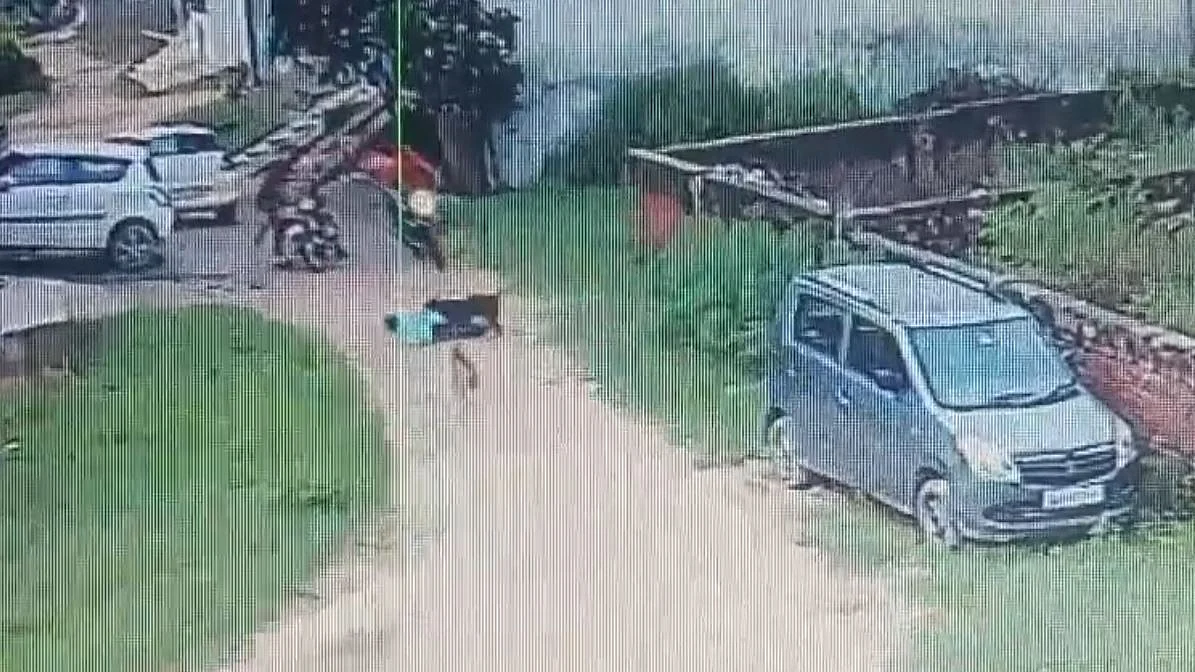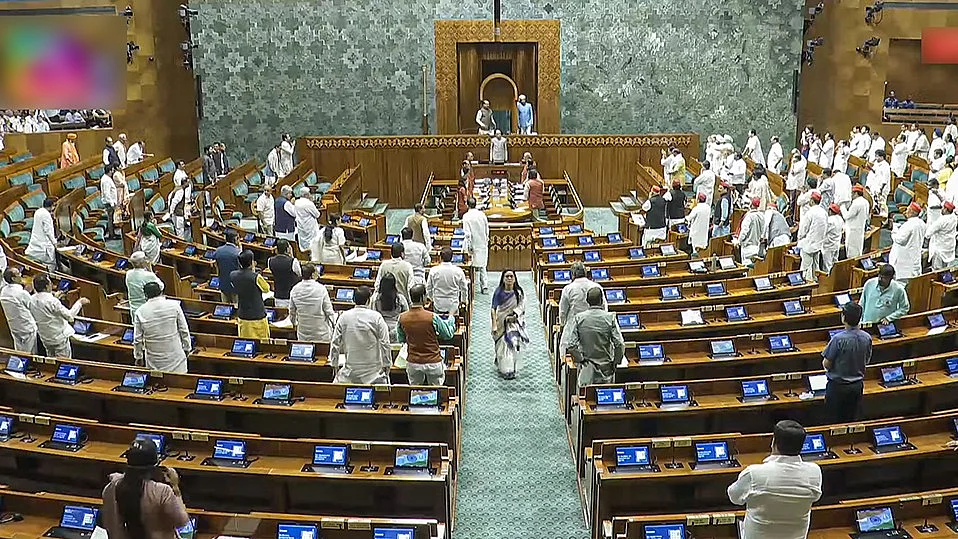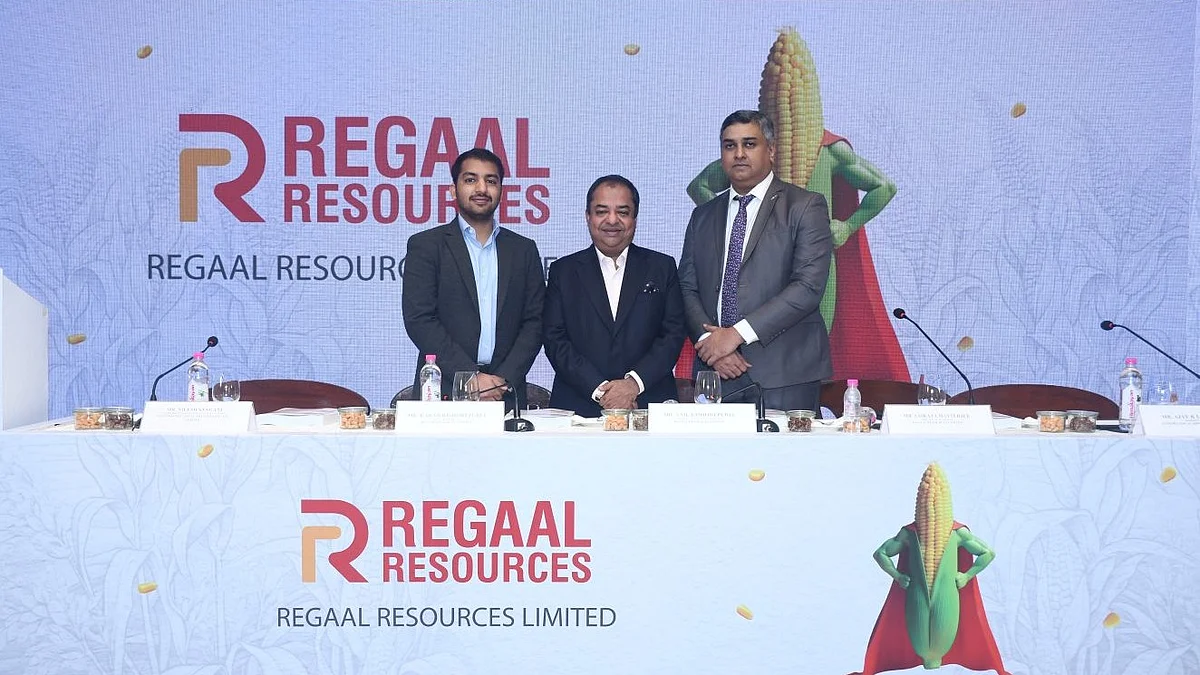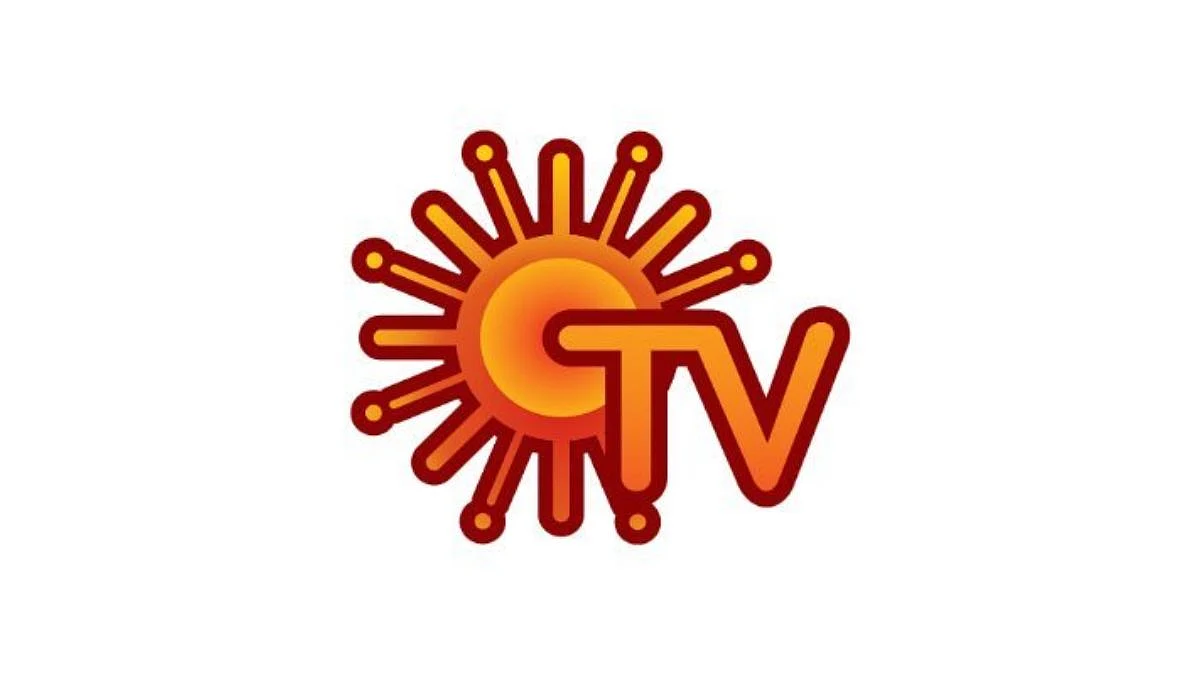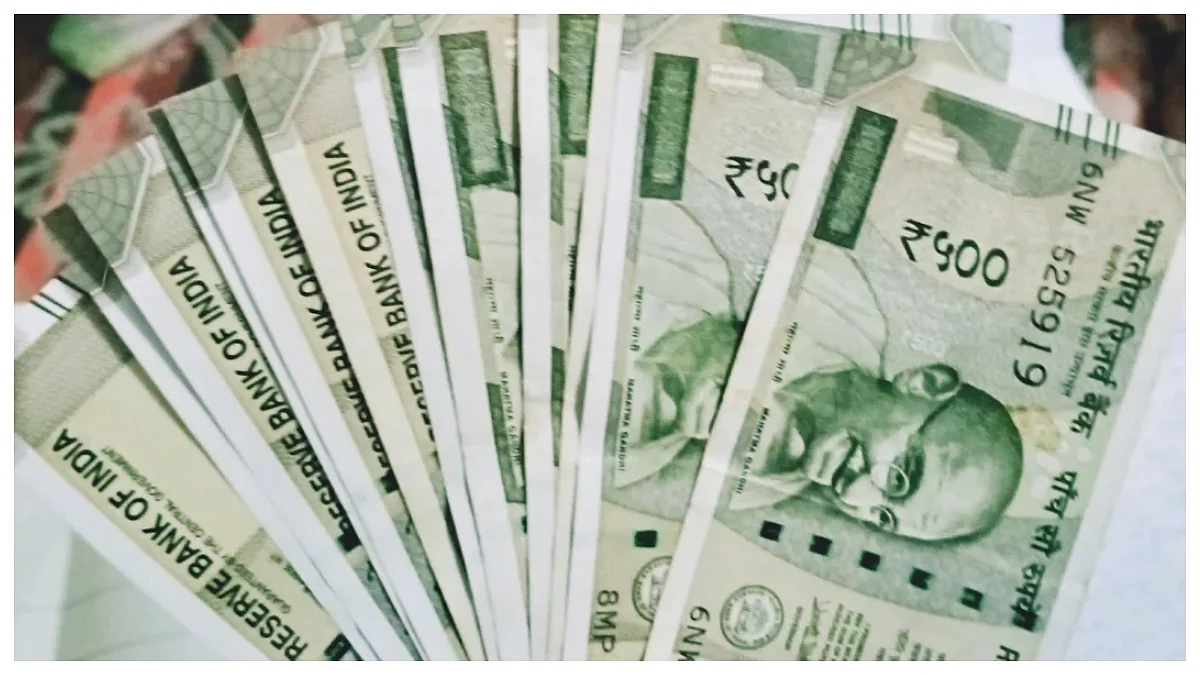After the short-lasting and lukewarm 5G spectrum auction, which ended with the sale of radio waves worth Rs 11,341 crore of the 141.4 MHz spectrum, new developments have hit the telecom sector.
In the cumulative amount of the centre's reserve price of Rs 96,238 crore, only 12 per cent of the reserve was sold.
Jio Increases Tariff
Post-the-auctions, Reliance Jio became the first mover as it pushed with its much-anticipated increase in tariffs and new 5G plans. It is to be noted, that talks of a tariff hike have been in corridors for some time now.

According to reports, Jio raised its tariff by an average of 20 per cent across different plans. This was followed by the company's rival and second-largest service provider, Bharti Airtel, who also increased their tariffs for their existing plans in the range of 11–20 per cent.
Now, Vodafone Idea or VI, is expected to follow suit. This, however, appears to have not been received well by the markets
Airtel increased the price of its most basic unlimited voice plan from Rs 179 to Rs 199. Meanwhile, it increased its yearly plan from Rs 2,999 to Rs 3,599.
At Dalal street, this development of hike in tariff does not appear to have pleased many investors. The first mover's performance in the equity market cannot be gauged, as, the conglomerate's (Reliance), as it is not listed on the market.
Airtel Shares Slump
However, when we look at the other major names, Bharti Airtel shares have dropped by a significant 1.45 per cent or Rs 21.35, taking the cumulative value to Rs 1,454.45.
The story was no different for Bharti Group's recently listed subsidiary, Bharti Hexacomm, which also sank by a massive 7.15 per cent or Rs 84.80 in the intraday trade, dropping to Rs 1,100.60 per share.
In addition, Vodafone Idea, which is partly owned by the Indian government, also saw its shares drop much before it could even announce a tariff hike. This troubled telecom company's shares dwindled by 4.59 per cent or Rs 0.85, taking their value to Rs 17.67 per share.

